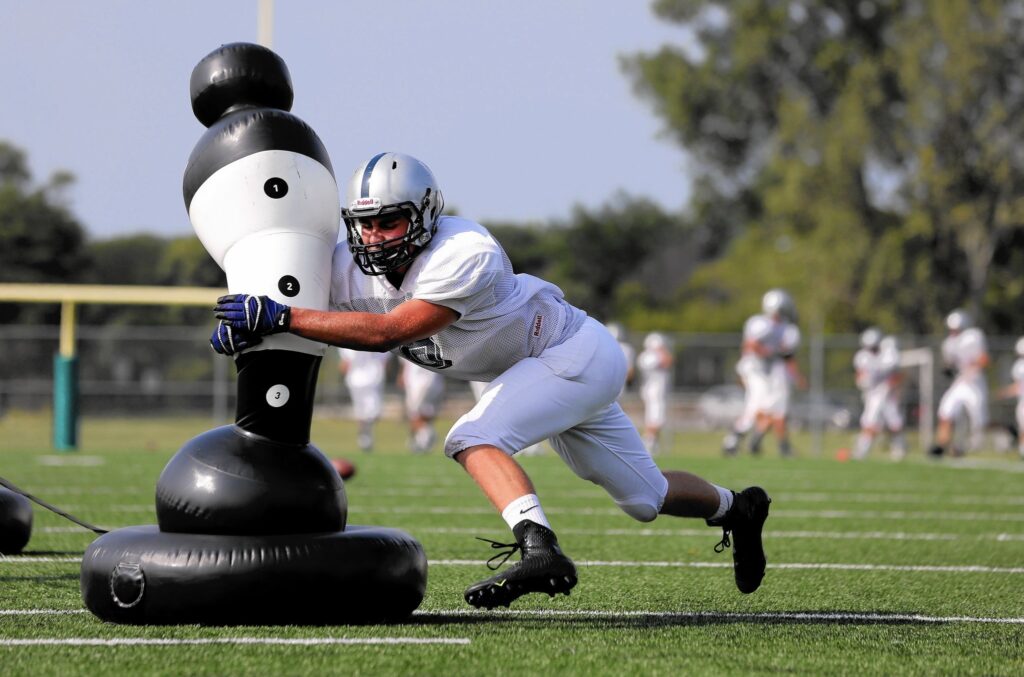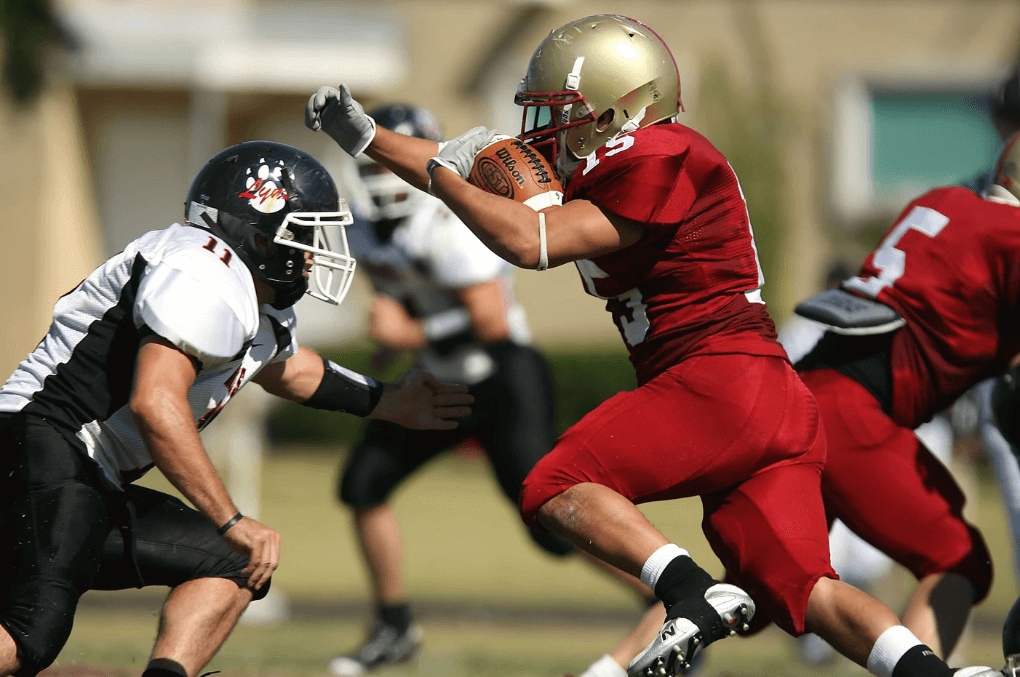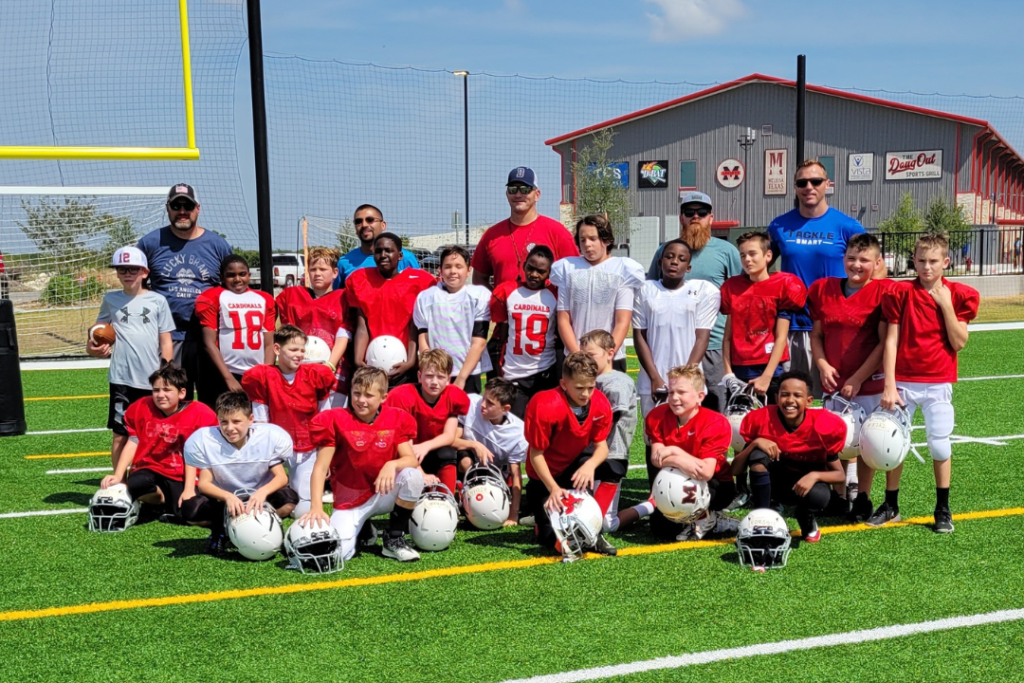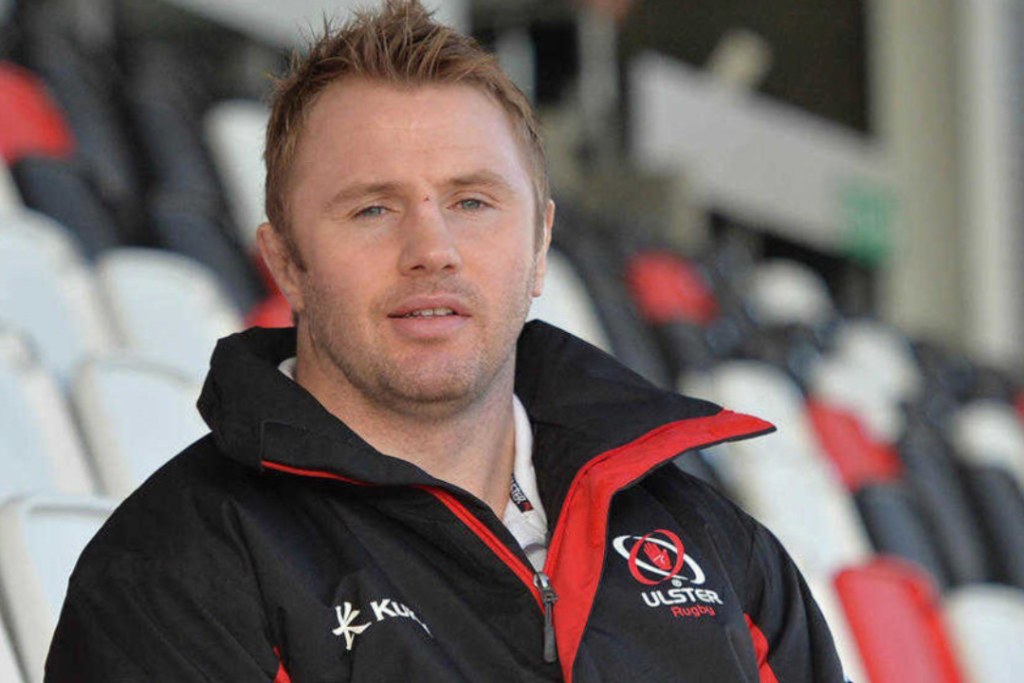My name is Roger Wilson, and for 15 years I made my living as a professional rugby player in Ireland and England. Like most athletes, I grew up with a love for my sport, and I reveled in the contact nature of rugby. Throughout my career, I never wore padding, relying only on my bare shoulders to tackle the opposition to the ground.
Rugby is an attritional sport, particularly at the highest level. I began my career fresh out of high school, and saw the sport evolve from a tough game to a frequently brutal one, where vicious collisions were commonplace between vast men.
The position I played in rugby had tackling at the top of my list of key competencies in the job. There were desired attributes, speed helped, as did ball handling ability, but elite tackling was a non-negotiable when signing a professional contract in my position. Regularly, I had to deal with huge men weighing 250 lbs or more running directly at me, ready to flatten me to gain an advantageous position on the field.
From a young age learning to play the game, I was forced to learn proper tackling technique, not simply as a tool to win collisions and games, but ultimately to protect myself against serious injury. A slightly misjudged head position in a rugby game can leave you with a severe concussion or worse. My ability to employ exact tackling technique was to become a key part of my longevity in my chosen sport.
After retiring from professional rugby, I moved with my young family to the United States, settling in North Dallas. Keen to integrate into my new surroundings, I immersed myself in football, a sport I have loved for many years. Whether it is high school, college or the elite NFL the game in this state has the capacity to thrill like no other.
In Texas football, there are a range of exceptionally talented athletes with speed, guile and most interestingly for me, big defensive hits. A well placed hit from a linebacker has the ability to send a capacity crowd to its feet, and remains one of the great hallmarks of this special game. Yet, times are changing.
In football, concussion is a topic that is easily found in newsprint, the television and online. Medical campaigners highlight the increased risks of playing football, especially in young people, set against the purists who love their game and feel that its very core is being diluted by an overbearing duty of care.
Indeed, the NFL and its competition committee took several steps this offseason toward improving player safety, with two particular areas of emphasis – initiating contact with the helmet on an opponent and taking quarterbacks to the ground with full body weight. [1]
Green Bay Packer’s head coach Mike McCarthy said: “I think clearly you have to remember what we’re trying to accomplish here,” said McCarthy Thursday morning. “The number of egregious hits in the league last year, the goal is clearly to get those out of the game. The helmet is not a weapon. So it’s really, from my viewpoint, the emphasizing the proper tackling techniques and this and that. [2]
There is a public facing appetite for change in the NFL regarding proper tackle technique to enhance safety for all players, but just how long will it take change to happen? A coach can create easily digestible public soundbites, but how easy is it to retrain a player who has consistently lead with his helmet since he first started playing flag football?
For some fans, the NFL’s latest rule changes are diluting the toughness of a game that is lauded for its high impact game.For others, it is about introducing a line in the sand where the game starts to take its responsibilities for its athletes seriously once and for all.
I find myself caught between the two camps. I do not want to essence of this defensively tough game diluted, but I do want to see proper tackle technique enforced to prevent a legacy of needless concussion that harms an athlete long after they have hung up their cleats. A large number of former NFL players have been reported to have chronic traumatic encephalopathy, with the league publicly acknowledging that concussions have long-term effects. [3]
Former players have reported issues with sleep, anxiety, forgetfulness and depression to name a few symptoms. Are we so short sighted as fans that we can continue to create this legacy without any sort of solution for the current cohort of players at every level?
I have a young son who is already reveling in the beautiful outdoor lifestyle that this city offers him. Unlike my own youth spent tackling rugby players in icy mud in Belfast, he will hopefully one day proudly suit up in tackle football as a teenager on a sun kissed Texan field.
When I think about my son, I will make sure that he enjoys what this game can offer. Friendships that are founded through a game that teaches leadership and sacrifice. However, as a parent, I want to ensure that we are educating our players and coaches that there are effective tackling techniques we can employ to ensure that this game is one we continue to enjoy for generations to come.
The concussion debate isn’t something to shy away from in football. It’s an issue that has the capacity to change the sport forever if it isn’t dealt with effectively. At every level, the sport needs to remain open to discussion, to ensure that safety is paramount, while the heritage of the game is maintained and nurtured.
*****As a launch promotion to showcase the effectiveness of our techniques, we are offering 5 FREE team training sessions. So, if you are a coach or just a parent who wants to make sure your child and his team are learning the safest and most effective tackling methods, email: Roger@tacklesmartsports.com to schedule your session. Remember, spaces are limited and will be offered on a first come first serve basis*****
[1] https://operations.nfl.com/the-rules/2018-rules-changes-and-points-of-emphasis/
[2] https://www.packers.com/news/new-rules-made-with-player-safety-quarterbacks-in-mind
[3] https://www.nytimes.com/2018/02/02/opinion/sunday/nfl-cte-brain-damage.html
